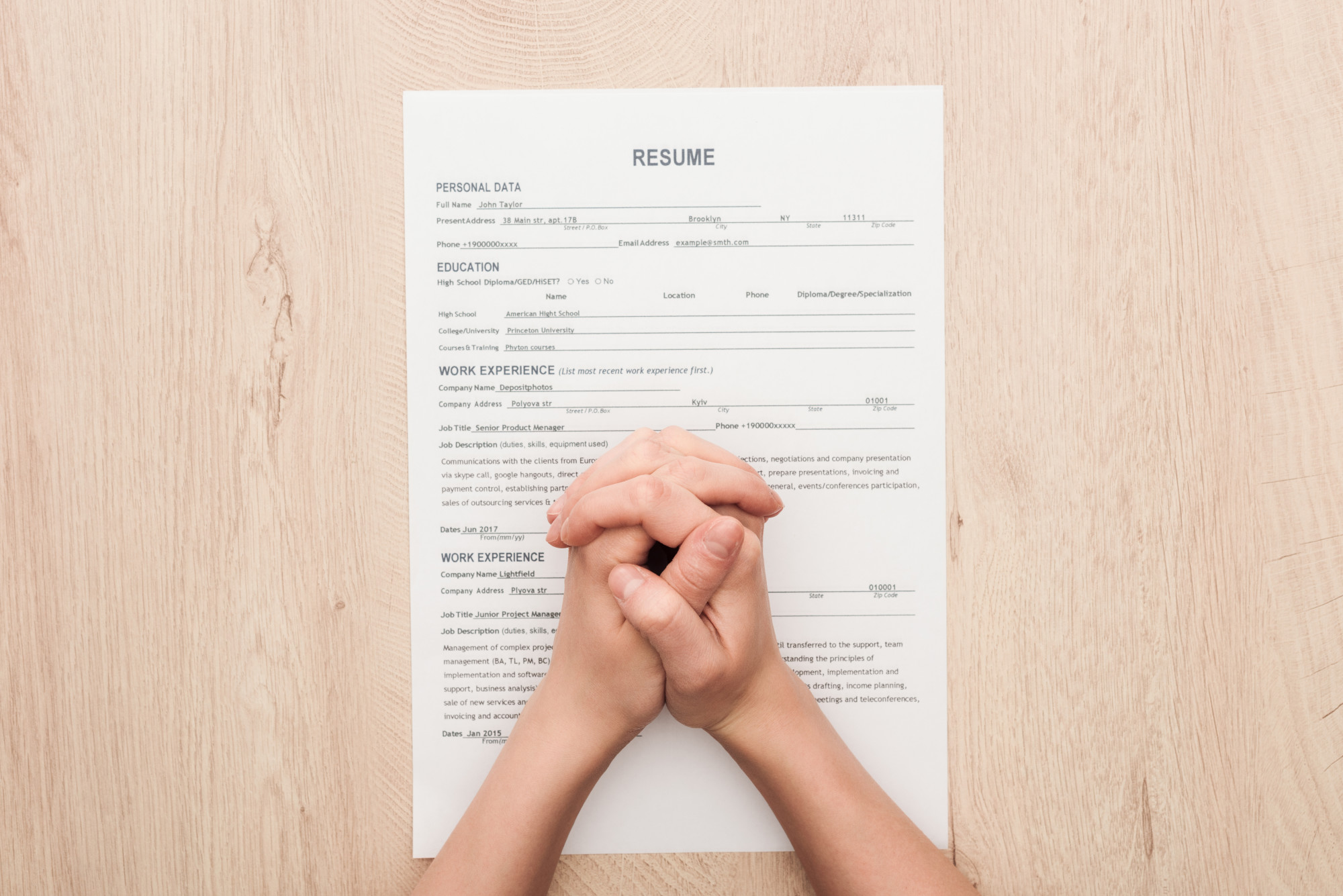
Did you know that more than 75% of job seekers in a survey lied on their resumes in the United States?
Resume building can get tough since you want to meet the company’s expectations, but stay true to yourself.
If you want to land your dream job, you need to understand what is relevant experience and how can you highlight it.
Continue reading if you want to learn about relevant experiences and what qualifies as something you can include!
Previous Roles in the Industry
One of the most obvious things to include as your relevant experience is any previous roles in the industry.
If you have exposure to the industry, companies are more likely to hire you since you are familiar with the lingo. Whether you are applying for a role that is a step above where you are at or has the exact experience for the role, interviewers will want to hear about it.
Transferable Skills
What does relevant experience mean if you don’t have any previous roles in the industry?
Transferrable skills are a wonderful addition to resumes. These skills consist of knowledge, abilities, or expertise that can be used for different roles. Communication, organization, and problem-solving are common examples of transferrable skills.
People often disregard their skills as basic knowledge. However, the perfect combination could be what your dream company is looking for.
Internships & Apprenticeships
If you did an internship during your high school or college years, you should include it on your resume.
Internships, which are temporary experiences working for a company, can be attractive to job recruiters. Apprenticeships are another type of experience that is always relevant. Since apprenticeships are an alternative to college, they stand out in the pile of applicants.
Many people recommend using a professional resume builder online to input this information. Details about these experiences can get confusing so you need to be concise.
Education
While reviewing writing advice, you might have noticed some changes in formatting your education.
It was common practice to list the school name, address, degree, GPA, and field of study. Some people have even gone to the extent of including descriptions of their college experience.
Although all of these details may appear relevant, they aren’t necessary. Listing your school, degree, graduation date, and awards is enough. Adding too much information in your education section can pull away from other experiences.
Another reason to include your education is that you can talk about previous experiments or studies you’ve conducted.
Do You Have Relevant Experience?
A common question that people worry about during the interview process is, “what is your relevant experience?”
There can be several interpretations and writing tips for finding relevant items but most still find themselves lost. Even when you don’t have experience in a previous role, transferrable skills and education can support you.
Don’t be afraid to apply for a job that you don’t think you will get. Worst case scenario, you decline an offer.
Be sure to read more of our articles about how to conduct a job search and land your dream role!
